AstraZeneca’s Pascal Soriot Faces Challenges Amid China Investigations
This week, AstraZeneca experienced a significant dip of approximately £17 billion in its share price due to concerns surrounding an extensive investigation by Chinese authorities. Amid this turmoil, Sir Pascal Soriot, the seasoned chief executive who has been instrumental in the company’s growth in Asia over the last 12 years, was in Singapore for a ceremony to mark the beginning of construction on a new manufacturing facility.
During the event, Soriot, 65, expressed that the decision to invest in the new plant was straightforward, thanking local politicians and dignitaries for their continued collaboration.
Despite his experience in navigating dealings with political figures and regulators during AstraZeneca’s expansion into emerging markets, Soriot now faces one of his most daunting challenges to date.
Following a dramatic over 8 percent drop in the company’s shares on Tuesday, triggered by reports from state media about the involvement of several senior executives in an insurance fraud investigation, the company’s chief financial officer, Aradhana Sarin, organized a conference call with financial analysts.
In an effort to quell fears and provide clarity to investors, the Cambridge-based firm confirmed that Leon Wang, its executive vice-president and president of China operations, had been detained in Shenzhen amid an unspecified investigation.
Furthermore, the company disclosed that around 100 former employees had received sentences related to a different alleged insurance fraud case from three years prior, where test results were reportedly manipulated to secure reimbursements for its prominent oncology drug, Tagrisso. Notably, none of those charged are currently executives.
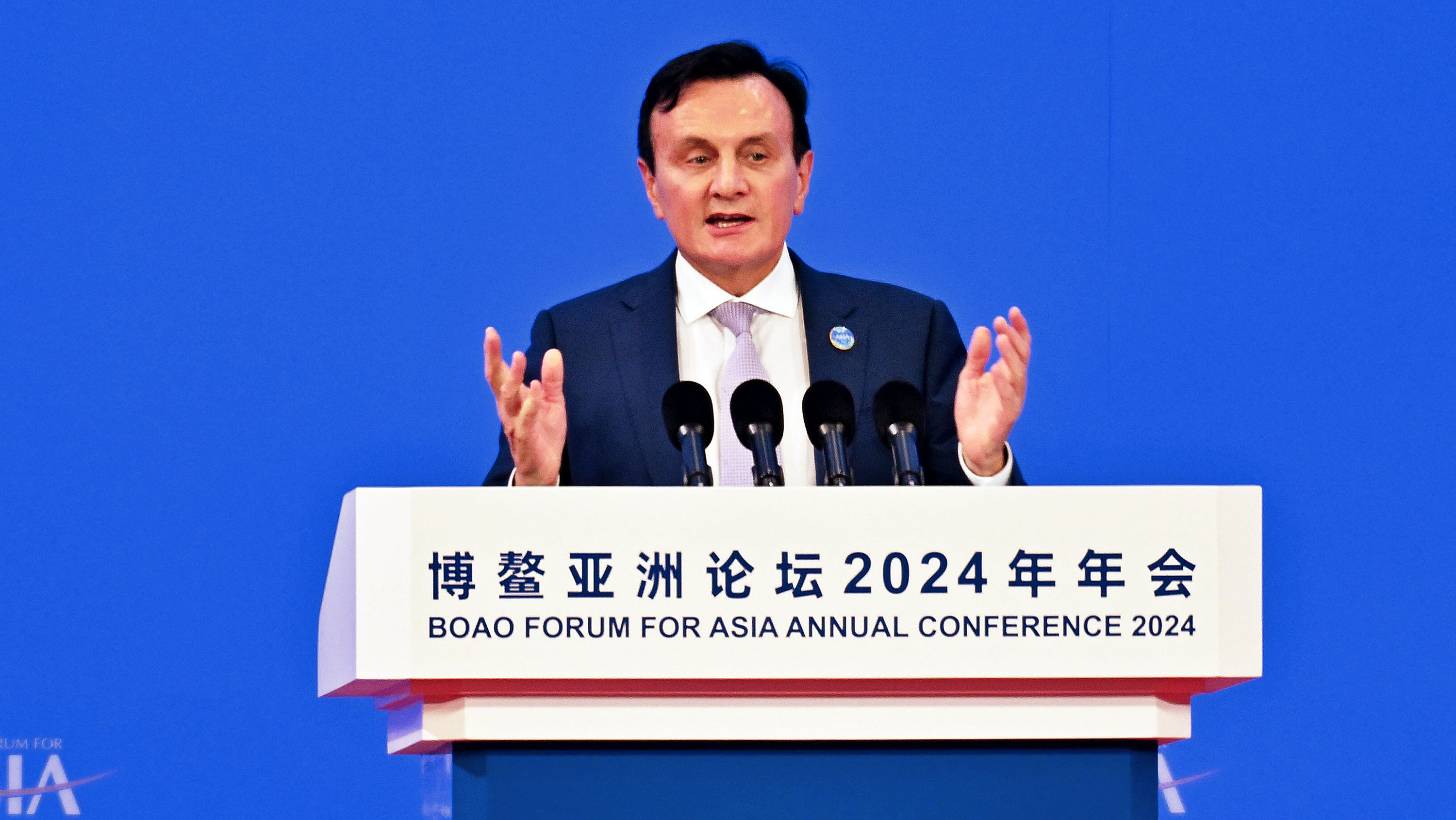
China’s investigation also encompasses the alleged illicit importation of unapproved medicines from Hong Kong into mainland China, as well as the unauthorized collection of patient data pertaining to three additional cancer drugs: Enhertu, Imjudo, and Imfinzi.
AstraZeneca acknowledged that two current and two former executives are under investigation, alongside approximately eight individuals overall. This group includes Eva Yin, a long-time employee who previously managed AstraZeneca’s oncology division in China.
Although Sarin, 50, emphasized that AstraZeneca is not aware of being directly implicated in an investigation, and reiterated the company’s ambitious revenue target of $80 billion by 2030, the stock continued its downward trend—falling by a quarter since September’s peak and reaching its lowest point since February. However, shares gained 1.8 percent on Friday, surpassing £99, following the announcement of a $1.4 trillion economic support package by Beijing.
The situation has drawn parallels to a significant bribery scandal involving GSK, another major British pharmaceutical company, which impacted its operations in China nearly a decade ago.
Soriot, who has dismissed concerns regarding the risks associated with rapid growth in China in the past, is expected to face further inquiries regarding the investigations during AstraZeneca’s third-quarter trading update on Tuesday. This includes scrutiny over the decision not to segregate and publicly list its China operations.
Warnings of potential issues first emerged in early 2022 when China’s National Healthcare Security Administration alleged that AstraZeneca employees were arrested for manipulating genetic test results to defraud medical insurance providers.
The agency initiated a task force in Shenzhen, enlisting health, police, and market regulators to investigate. It subsequently met with AstraZeneca executives to relay interim findings and directed the company to comply with legal standards and implement strict internal checks to address procedural deficiencies.
Despite the ongoing investigations, AstraZeneca has consistently injected billions into China for new infrastructure, acquisitions, and collaborations with local biotech firms.
In February, Shanghai was announced as AstraZeneca’s fifth global strategic hub, and Soriot visited Beijing the following month to engage with key political and business leaders during the China Development Forum. This marked his sixth trip to China in just 15 months.
“By committing to ‘In China, for China,’ AstraZeneca will persist in fostering cooperation and bringing innovative healthcare solutions from China to global markets,” he stated during the event.
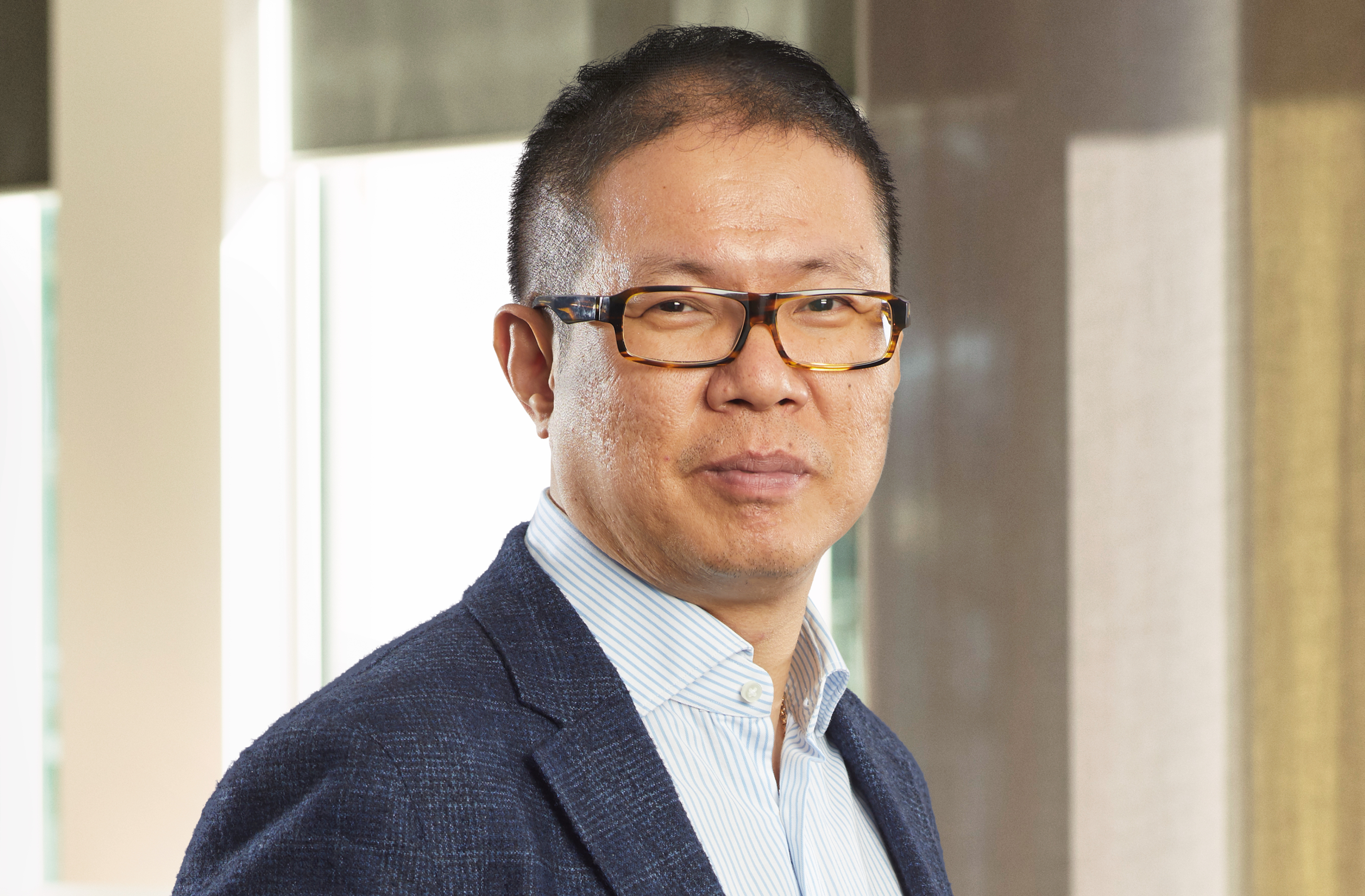
In May, during AstraZeneca’s first capital markets day in a decade at its newly built £1.1 billion research and development center in Cambridge, Soriot confidently touted the company’s position as a leader in emerging markets.
“Leon Wang, a highly competitive individual, aims to achieve number one status in every market and every therapeutic area we cover,” he remarked.
Now, just six months later, Wang finds himself in detention while AstraZeneca grapples with uncertainty over his alleged misconduct and whether the situation might worsen.
Under Wang’s leadership, China evolved into AstraZeneca’s second-largest market, contributing about 13 percent of the company’s $45.8 billion total sales last year, a substantial increase from approximately 5 percent a decade ago. Furthermore, around 16,000 out of AstraZeneca’s 90,000 global workforce are based in China.
After earning a degree from Shanghai International Studies University in 1993, Wang began his career as a foreign language tour guide before making a shift into the pharmaceutical industry.
Shortly thereafter, he joined Roche in China, followed by a move to AstraZeneca in 2013, a year after Soriot transitioned from the Swiss firm. Wang was elevated to president of AstraZeneca China in 2014 and to global executive vice-president in 2017, overseeing strategy and business development in the Asia-Pacific region.
He has been vocally supportive of the Chinese Communist Party, asserting that AstraZeneca should embody patriotism within China and foster a deep connection with the country.
Wang is recognized for his assertive approach, with China News labeling AstraZeneca as “the most radical company” within the industry. Additionally, family members of employees implicated in the insurance fraud have circulated an open letter on social media questioning the company’s ethics.
Peter Humphrey, a former corporate investigator who faced imprisonment in China due to GSK’s bribery scandal, has hinted at speculation within the Chinese pharmaceutical community that AstraZeneca’s situation could be politically motivated, suggesting Wang’s political connections could play a role.
He noted that marketing cancer medications involves significant margins in China, particularly as access to the latest Western treatments is often hindered by regulatory delays.
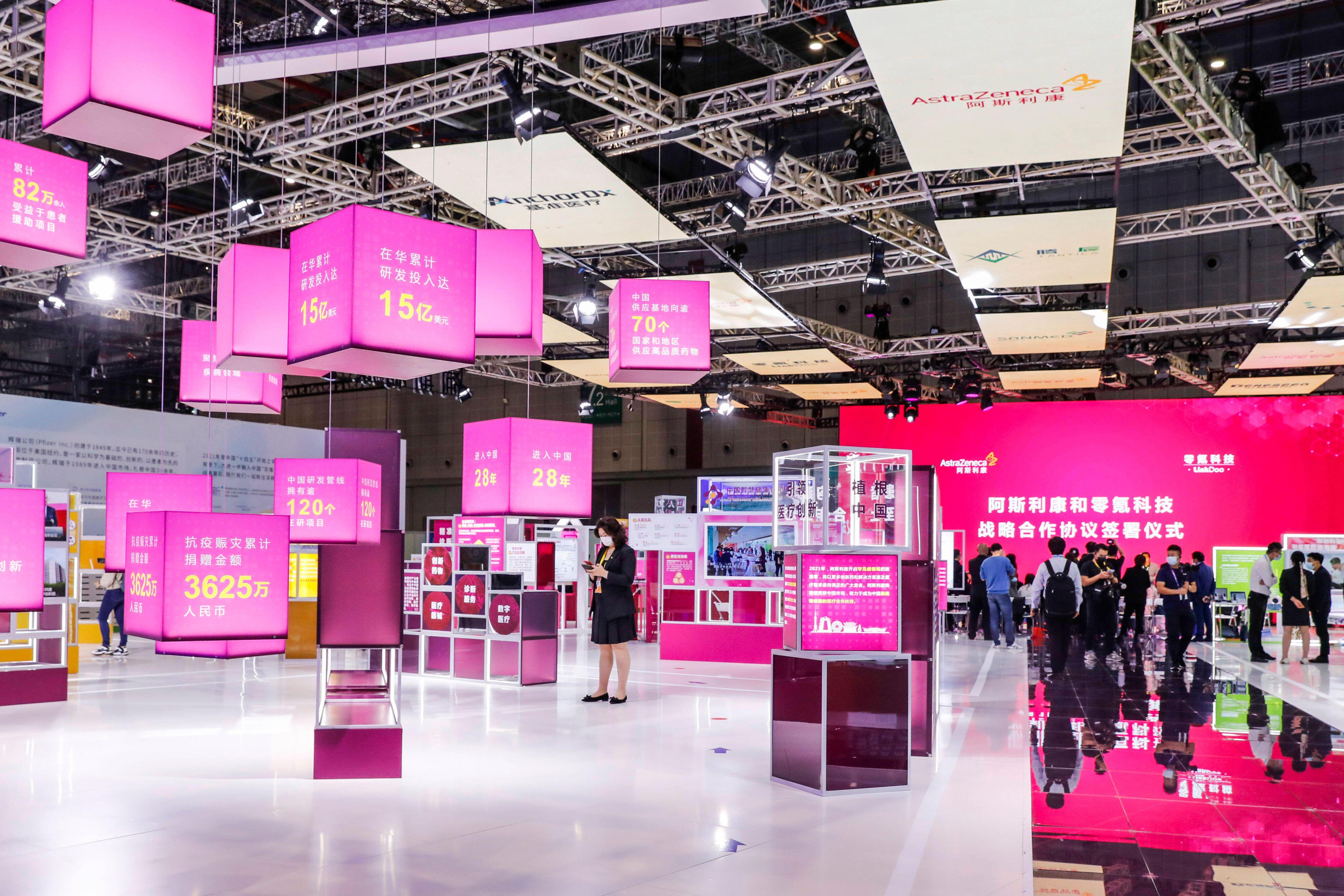
Since the emergence of the insurance fraud allegations, AstraZeneca has intensified its compliance measures over the past three years, implementing monthly training sessions and designating personnel in China to report directly to the chief compliance officer.
AstraZeneca’s online resources indicate that the leadership team in China is predominantly composed of Chinese nationals, with the exception of Joe Watson, the chief financial officer in the region and a former McKinsey executive.
Although AstraZeneca’s audit committee has reviewed the market landscape and healthcare industry trends in China, the country was not categorized among the group’s primary risks in the last annual report.
In the wake of the shares’ decline, which has repositioned Shell as London’s most valuable entity, a fraction of analysts still maintain a hopeful outlook.
Following Sarin’s update, Sean Conroy from Shore Capital warned against jumping to conclusions correlating AstraZeneca’s situation with GSK’s bribery scandal of 2014, unless AstraZeneca becomes the focus of an investigation.
Andrew Berens from Leerink Partners articulated that the similarities might be limited given that the GSK case revolved around physician bribery tied to insufficient compliance controls, leading to a substantial fine and prison sentences for several executives.
He added that although the ongoing investigations might cause volatility in shares, the long-term impact is expected to be minimal.
Nonetheless, Helen Chen, managing partner at LEK Consulting in Greater China, noted that without a resolution to the ongoing probes, the potential for further implications remains uncertain.
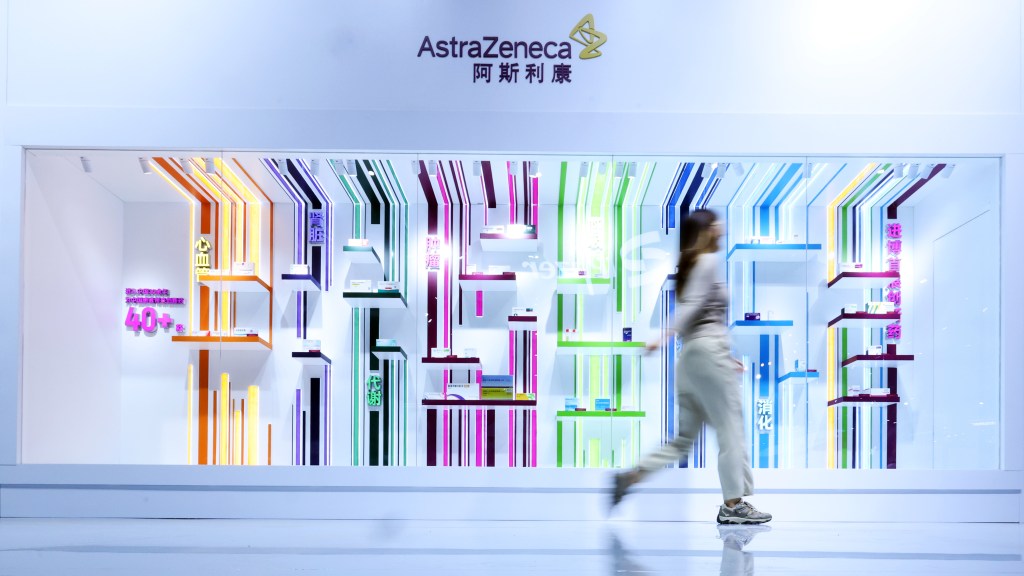
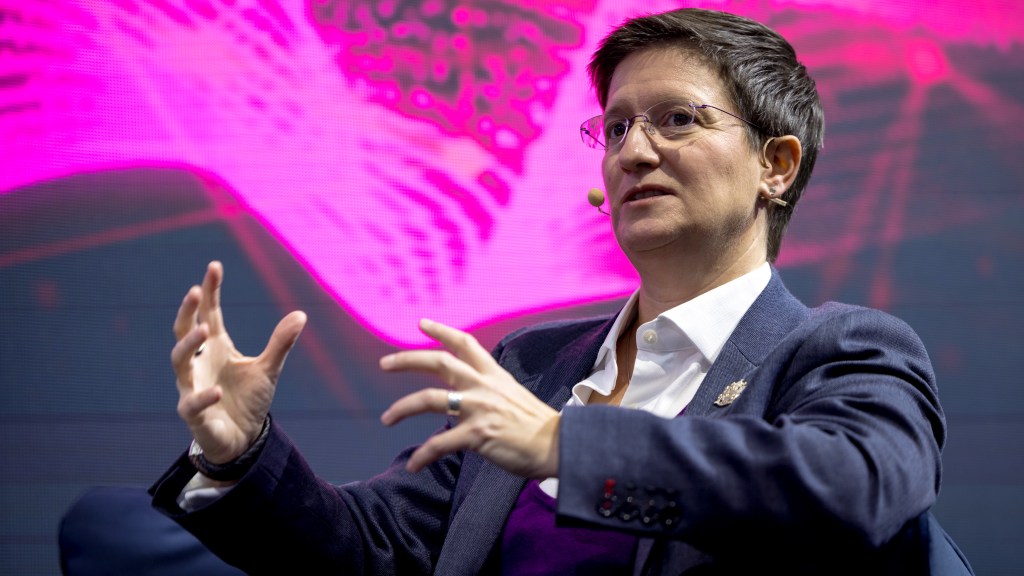
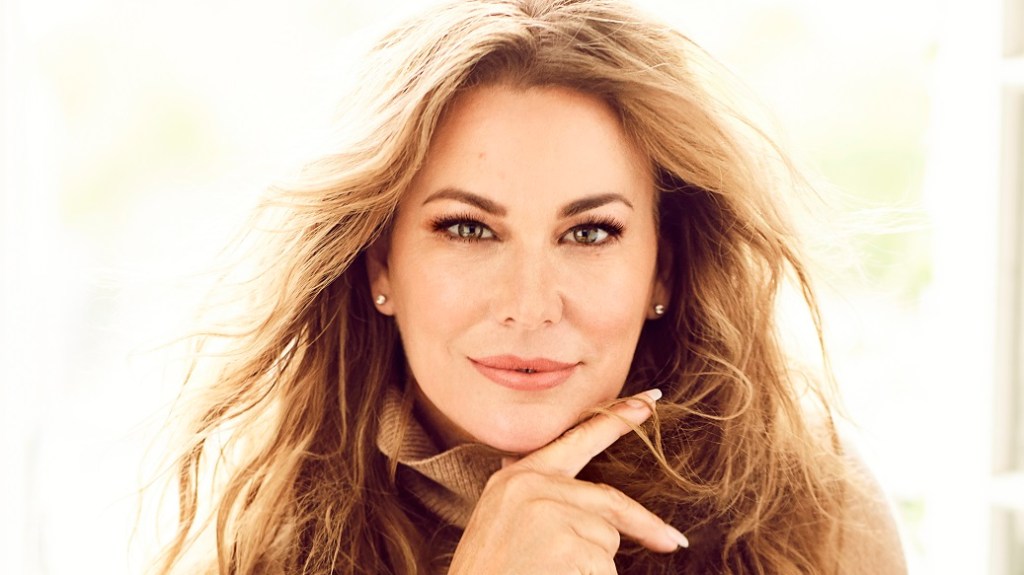
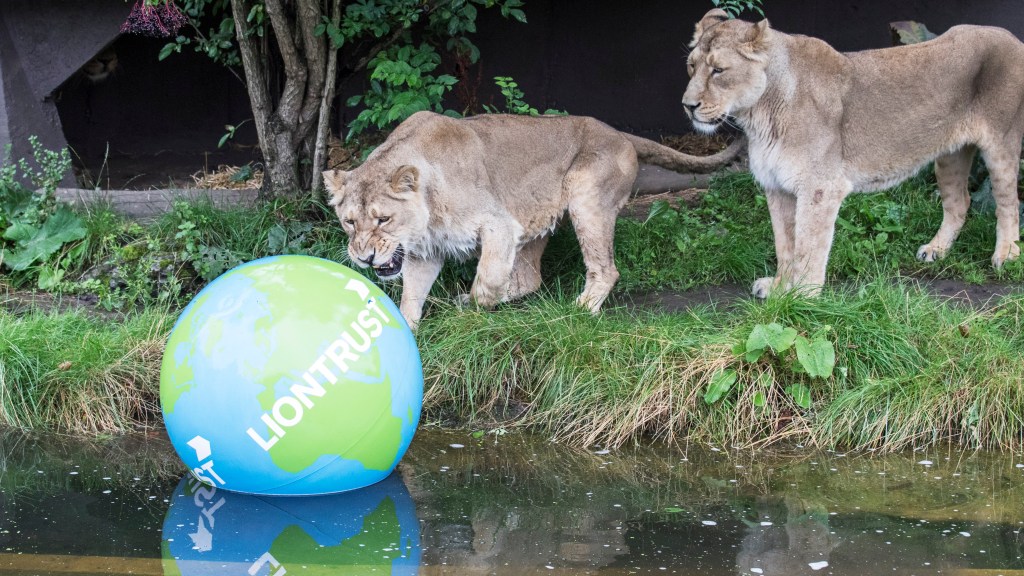
Post Comment